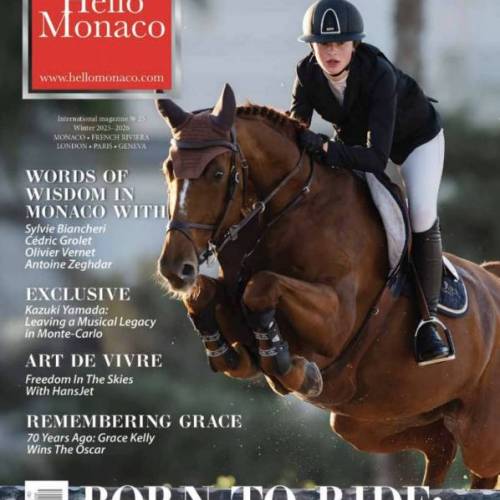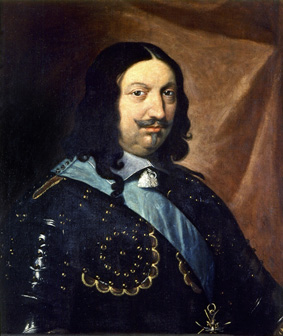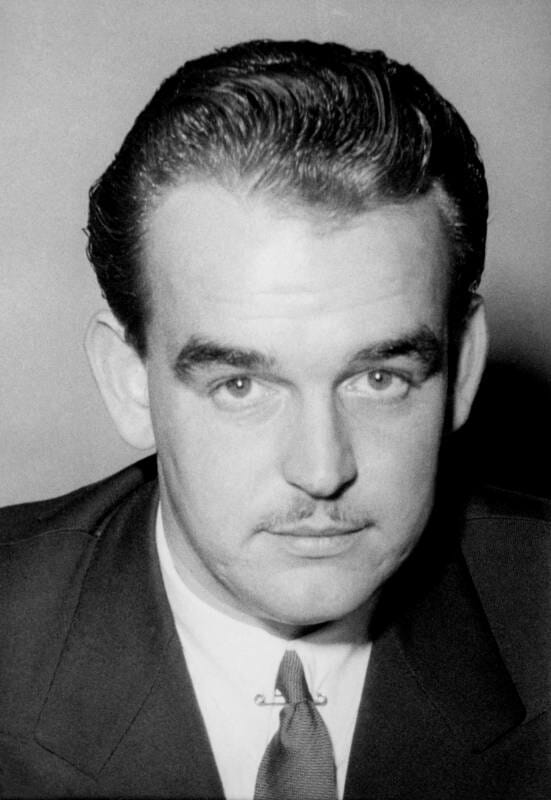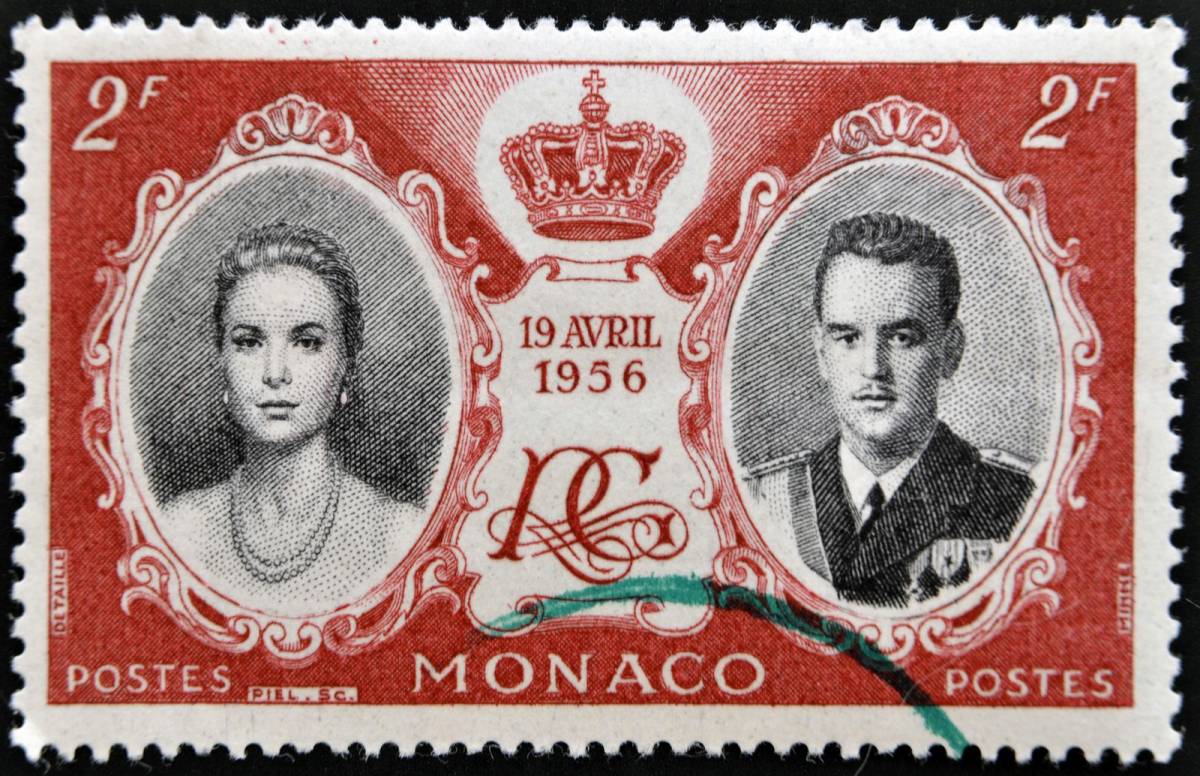The history of Monaco has always been one of crafting an independent path while great power rivalries swirled around it. Between the reigns of Honoré I in 1523 and Honoré II just over one hundred years later it was the great rivalries between Spain and France through which Monaco had to ingeniously steer a course.
The reign of Honoré II (1604–1662) in many ways could be considered a miracle against the turbulence of the age. Not only did he protect Monaco’s independence, he secured additional formal recognition of it in the diplomatic arena with clarity on the title Prince (rather than Lord or Seigneur) and had the right to mint his own coinage since 1640.
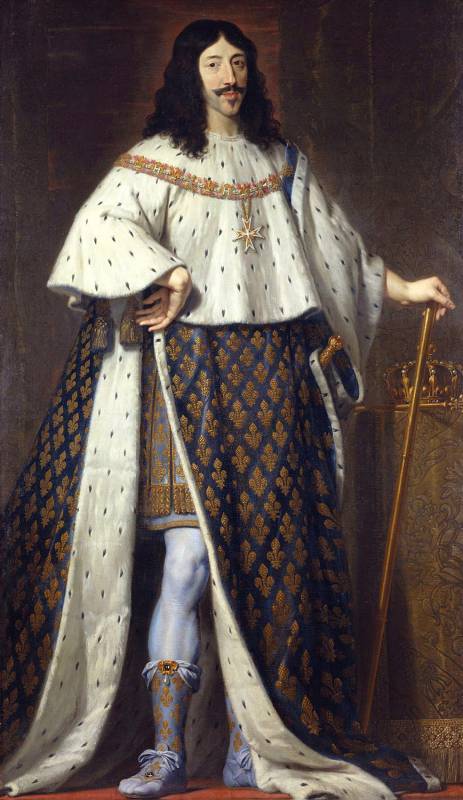
Honoré II lulled his Spanish host-occupiers into believing their strategy of limiting his powers was working. They were happy to see him immerse himself in a role devoted to cultural pursuits and entertainment of foreign guests. Meanwhile the Spanish kept a tight rein on governance, protected by their occupying garrison on the Rock. They also limited the role of the Monaco Ruling Council much to the resentment of the Monegasque population. In the meantime Honoré turned his custodianship in the cultural domain into a strategic victory for the Principality. Monaco became a magnet for poets, artists, sculptors and musicians. The Princely Palace joined Paris and Florence as a European centre of great culture and learning. Indeed, the quality of the art collection of Prince Honoré became a topic of conversation across Europe.
And another transformation took place out of what had been originally more a feature of the military fortifications on the Rock. The apartments for the Prince, previously enlarged and renovated by Honoré I, became even more regal and palatial. And similarly with the Church of Saint Nicholas.
While all the time lulling the Spanish occupiers into a false sense of security Honoré was quietly planning his crowning achievement — to rid Monaco of the oppressive Spanish to whom it had become partially victim.
Treaty of Péronne
Working discreetly, Prince Honoré II negotiated with Cardinal Richelieu of France, who represented King Louis XIII. Out of that came the Treaty of Péronne (1641) which stipulated that Monaco become a French protectorate. However, most importantly the independent status of the Prince was guaranteed. Monaco was also granted lands in France to compensate for inevitable losses that the break from Spain would entail.
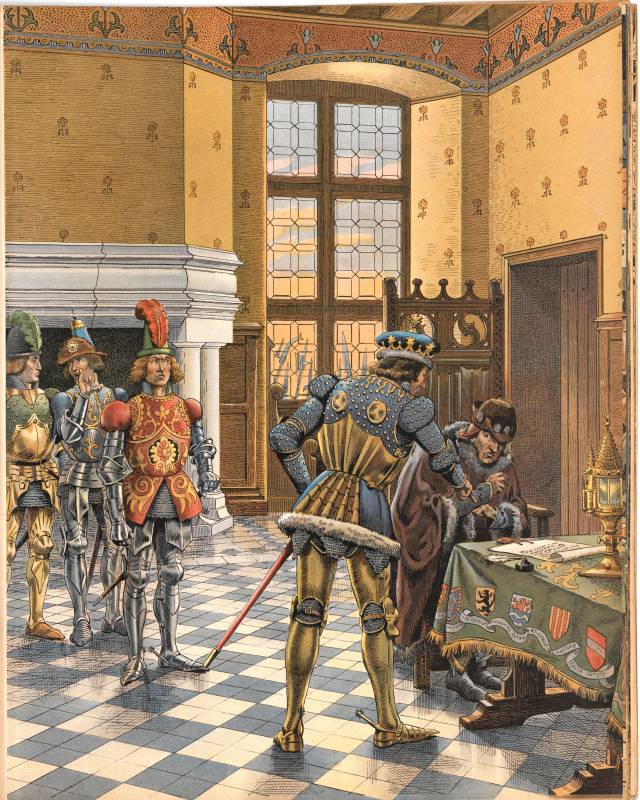
French troops were envisaged as garrisoning Monaco with their officers being directly answerable to the Prince of Monaco rather than to the French State. And just as importantly Monegasque independence was to be maintained.
Expulsion of the Spanish
On November 17, 1641 Honoré II put his plan to expel the Spanish garrison into effect. He quickly imprisoned those individuals known to be sympathetic to Spanish rule. Then that same evening he threw a sumptuous banquet for the Spanish troops and their commanders. The soldiers were given generous amounts of alcohol to subdue them and then, at a prearranged signal of a canon shot numerous Monegasques sprang on the Spanish. French troops came rushing out of hiding to finish them off and force them to surrender. Records report only 5 killed and 10 wounded before the Spanish garrison yielded. Monaco then officially expelled them and Honoré relinquished his Spanish honorary title of Order of the Golden Fleece. As expected the Spanish confiscated all of the Prince’s property in Spain and Monaco’s Spanish-linked possessions in Italy.
Duke of Valentinois
The French compensated Honoré for the losses of land and titles. Louis XIII made Honoré II the Duke of Valentinois, Count of Carladès, Baron of Buis and Calvinet as well as granting him the lands and title of St-Rémy. The monarchs of France and Monaco became very close. Thus when Honoré was approached by English Royalists to harbour a fleet in Monaco with the intention of wrestling power from Cromwell, Honoré consulted with France’s Cardinal Mazarin who was looking to ally with Cromwell against Spain. On Mazarin’s advice he very diplomatically resisted.
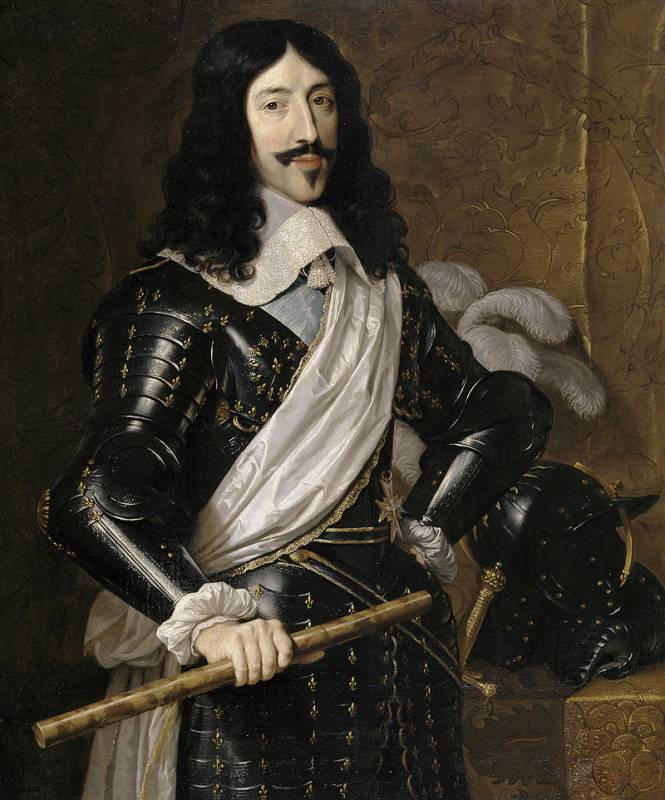
An Enviable Legacy
Prince Honoré II died on January 10, 1662 at the age of 64 deservedly very popular and with a legacy of numerous achievements. He had removed Monaco from being under the yolk of Spain. He created a new alliance with the increasingly powerful French while maintaining Monaco’s independence. It also fell to him to help his subjects survive through a plague. Thanks to advice from monks in Nice on cleanliness and sanitation the plague abated. His cultural achievements flowed from a natural passion and the prestige he gained from them led him to be referred to as the «Louis XIV of Monaco». And the Sun King Louis XIV would stand as godfather to Honoré II’s grandson who was also named Louis, cementing relations with France that last to this very day.


